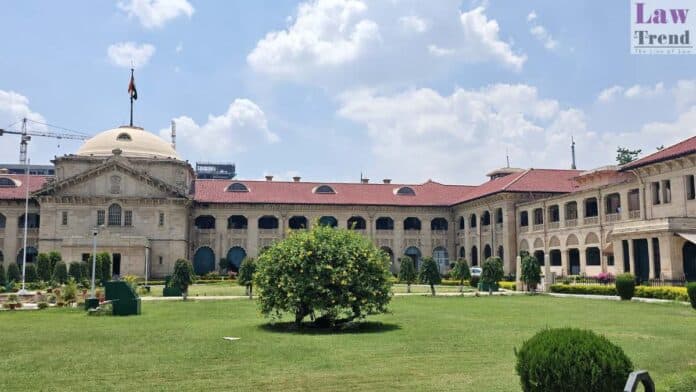The Allahabad High Court has held that in cases where a borrower unlawfully trespasses and re-occupies secured assets after possession has been taken under the SARFAESI Act, a fresh application under Section 14 of the Act for restoration of possession is maintainable. The Court directed the concerned Additional District Magistrate to hear and decide such
To Read More Please Subscribe to VIP Membership for Unlimited Access to All the Articles, Download Available Copies of Judgments/Order, Acess to Central/State Bare Acts, Advertisement Free Content, Access to More than 4000 Legal Drafts( Readymade Editable Formats of Suits, Petitions, Writs, Legal Notices, Divorce Petitions, 138 Notices, Bail Applications etc.) in Hindi and English.




